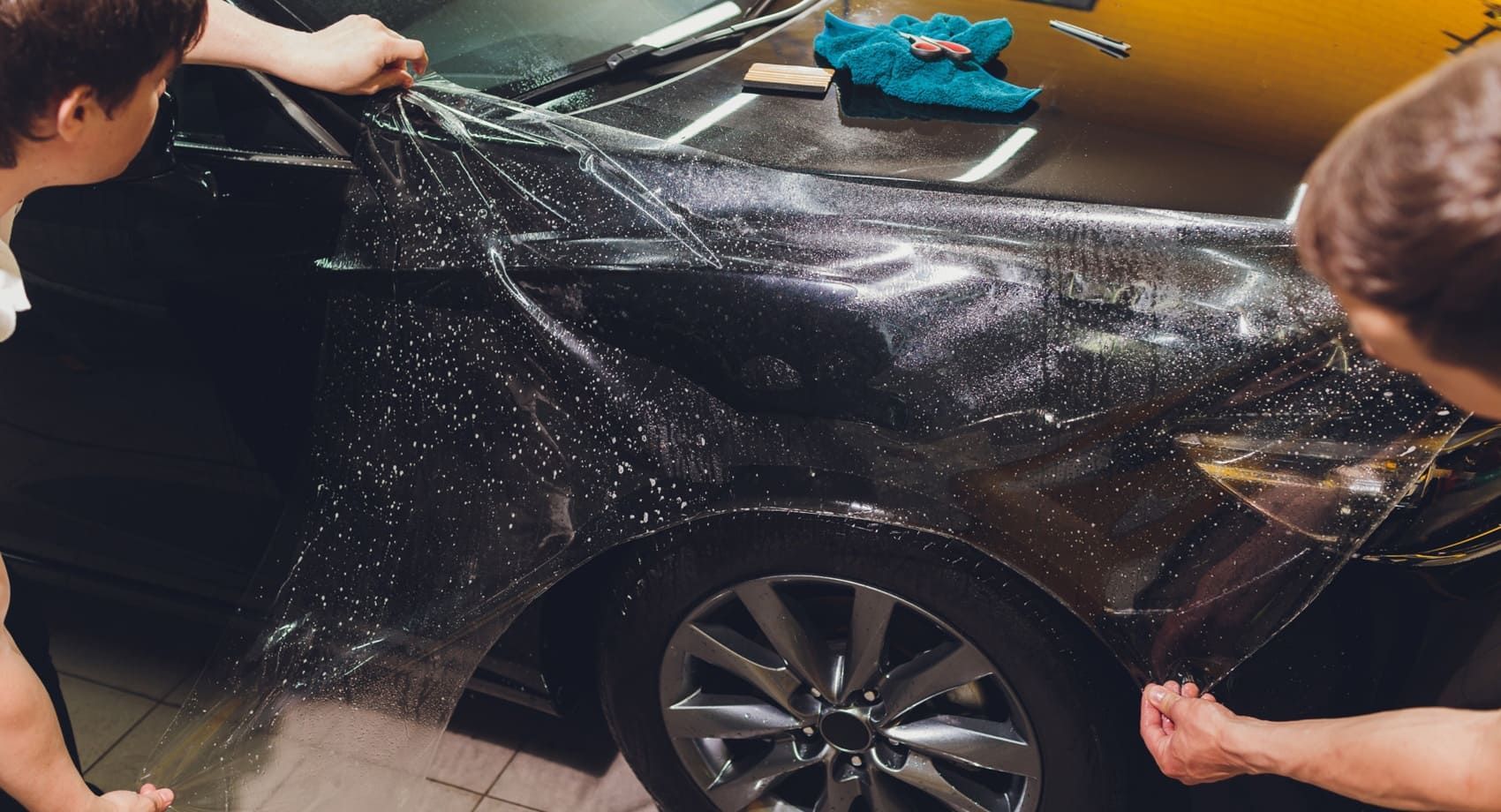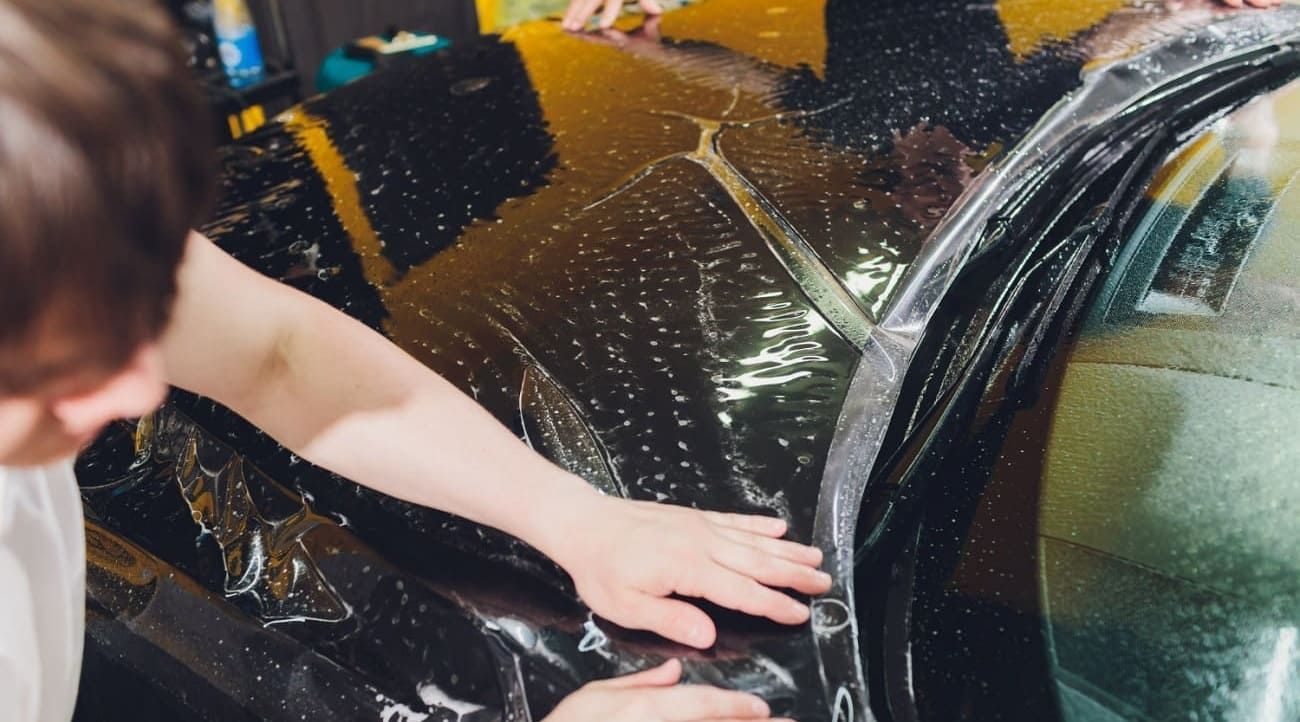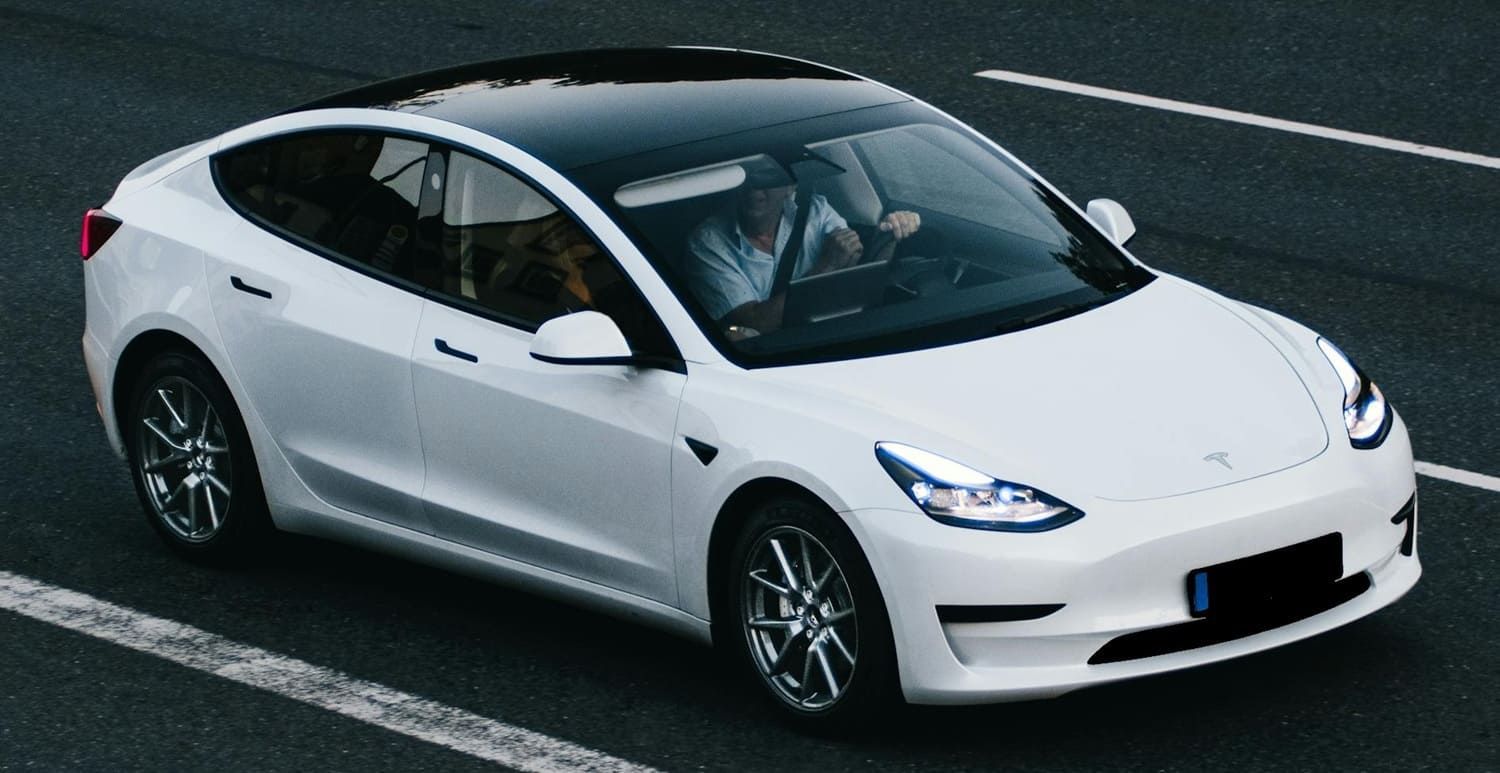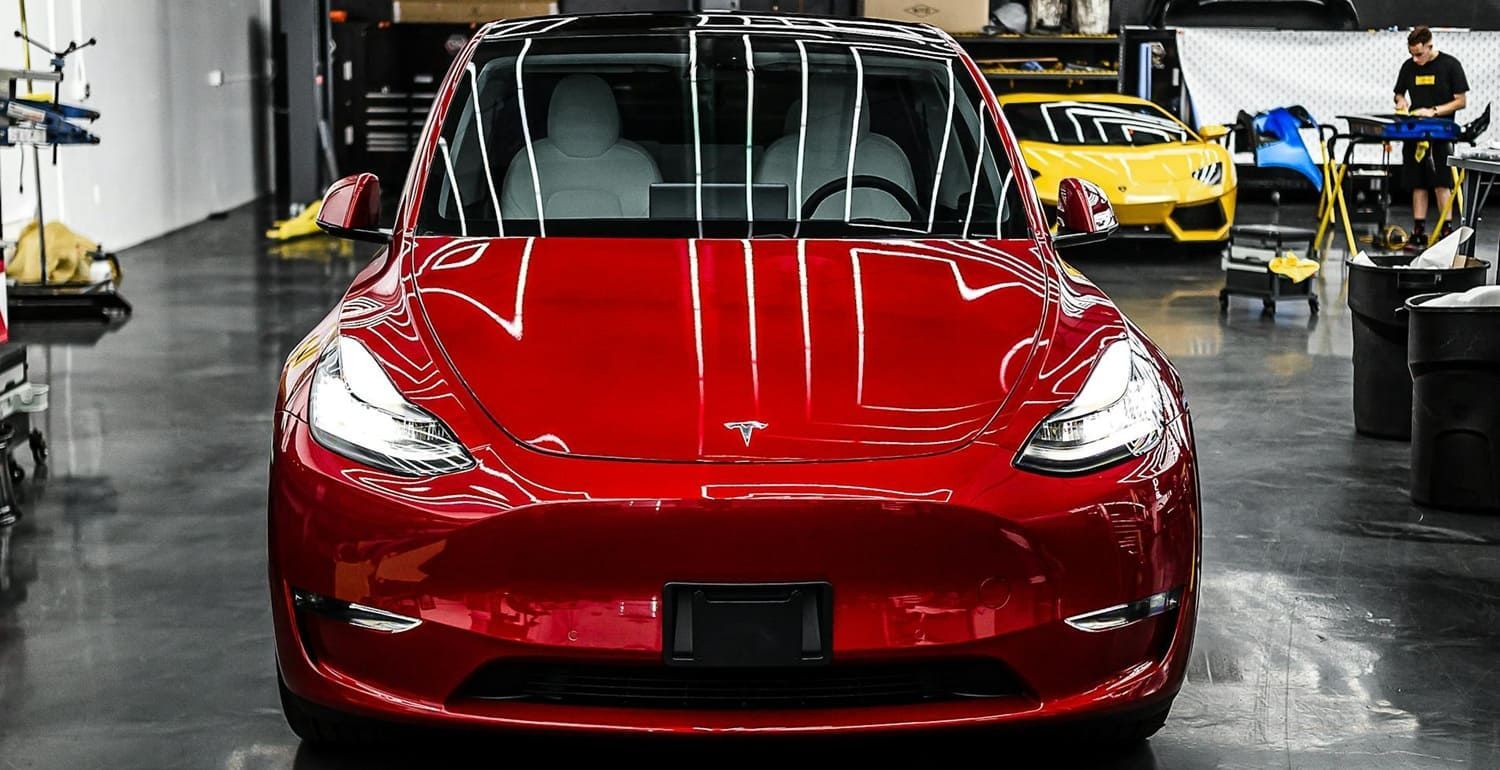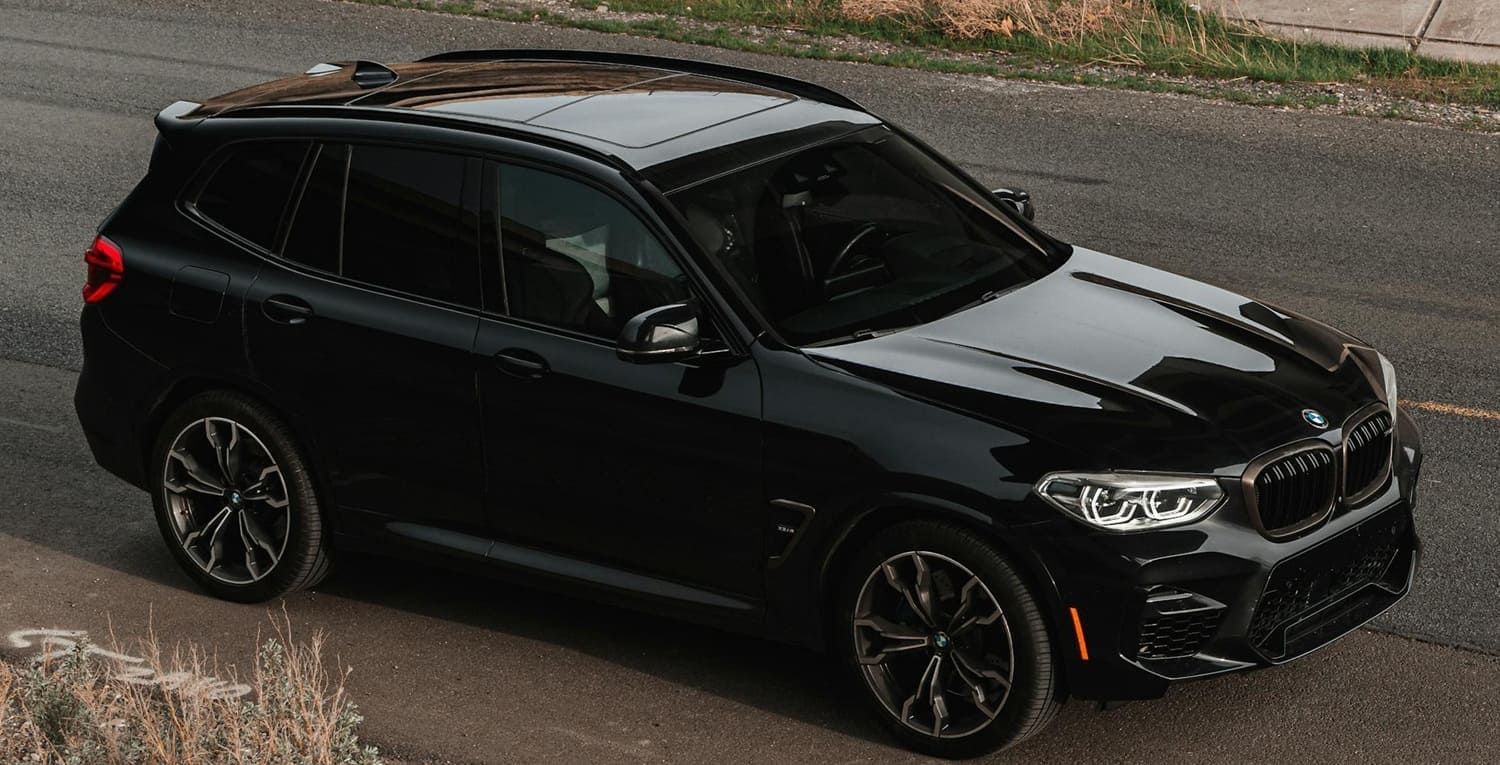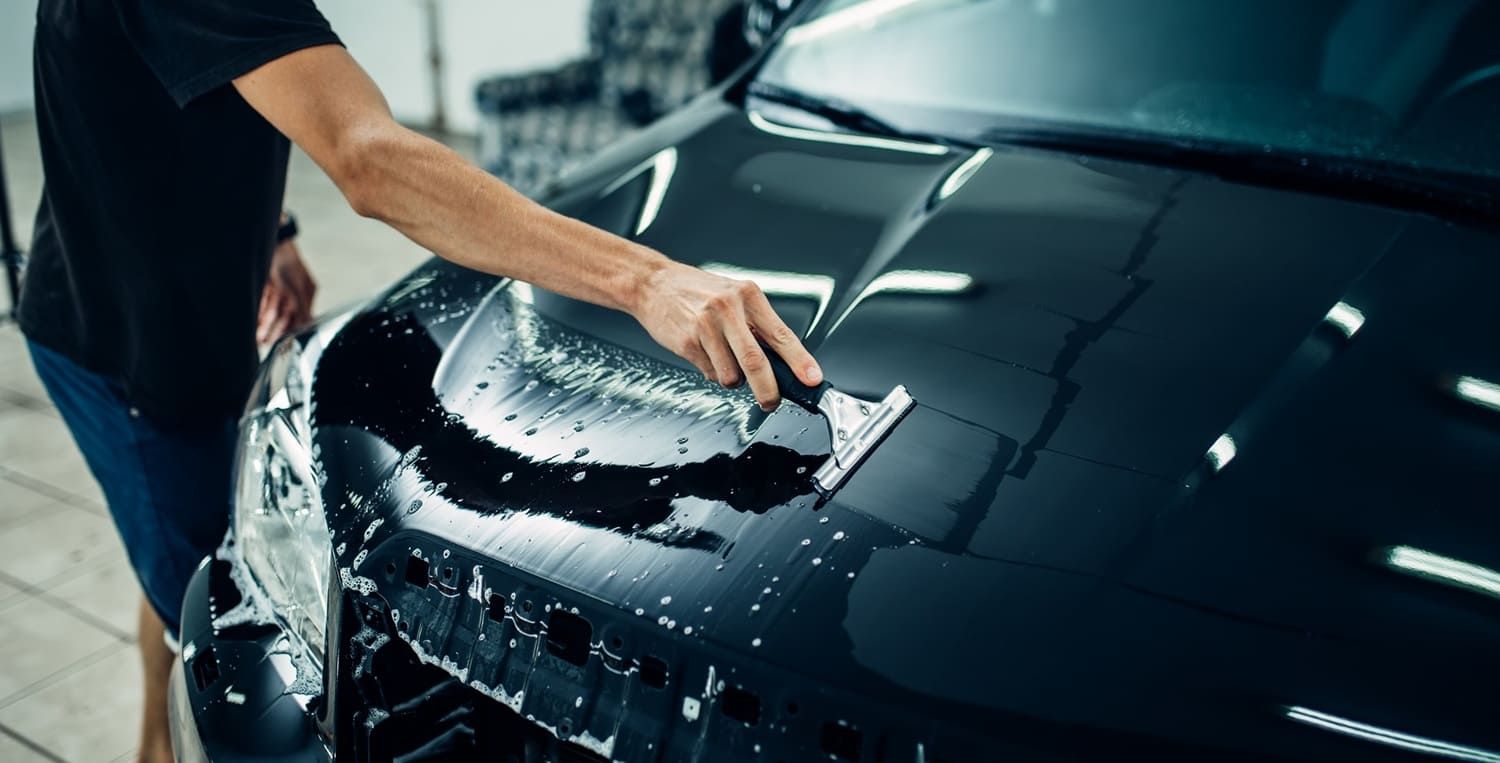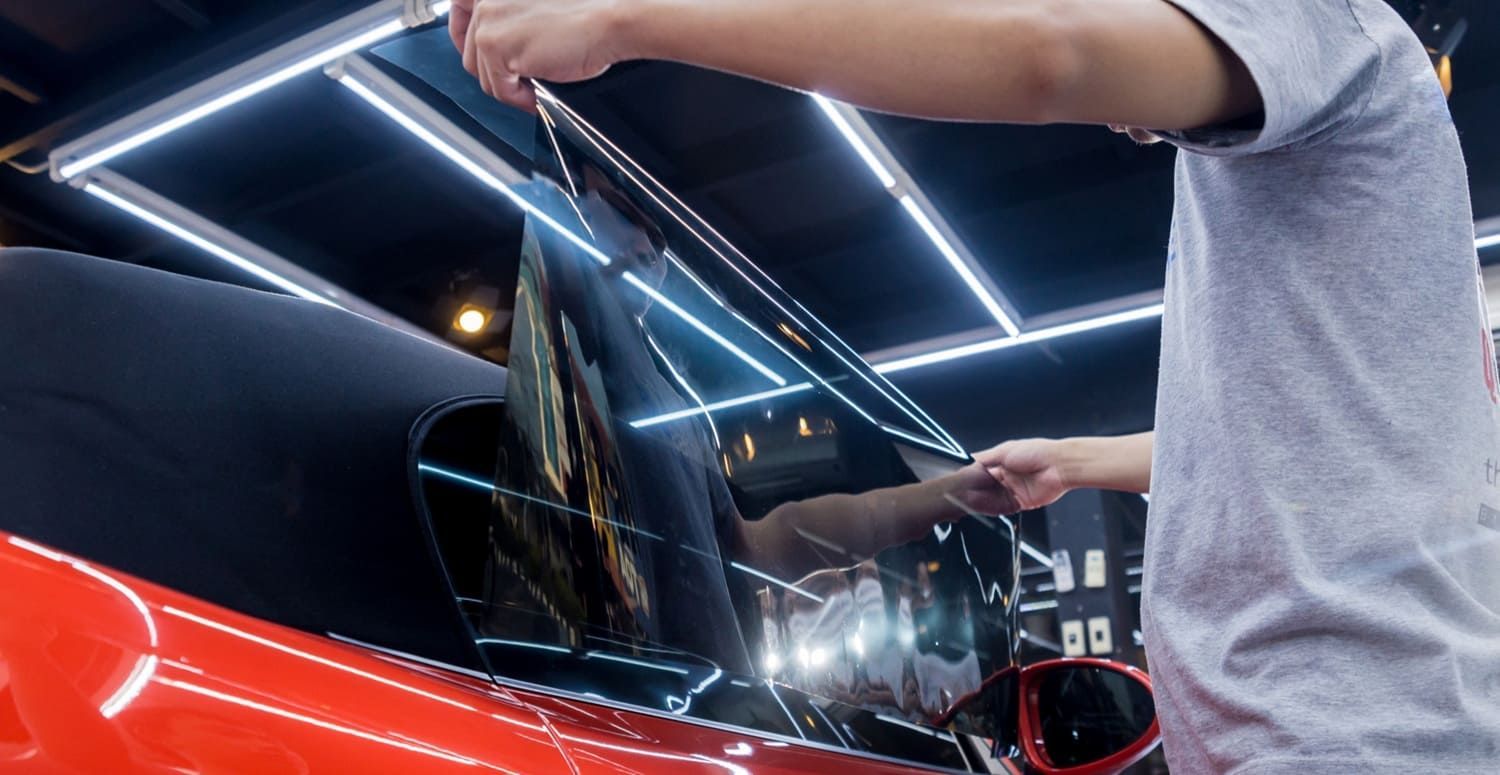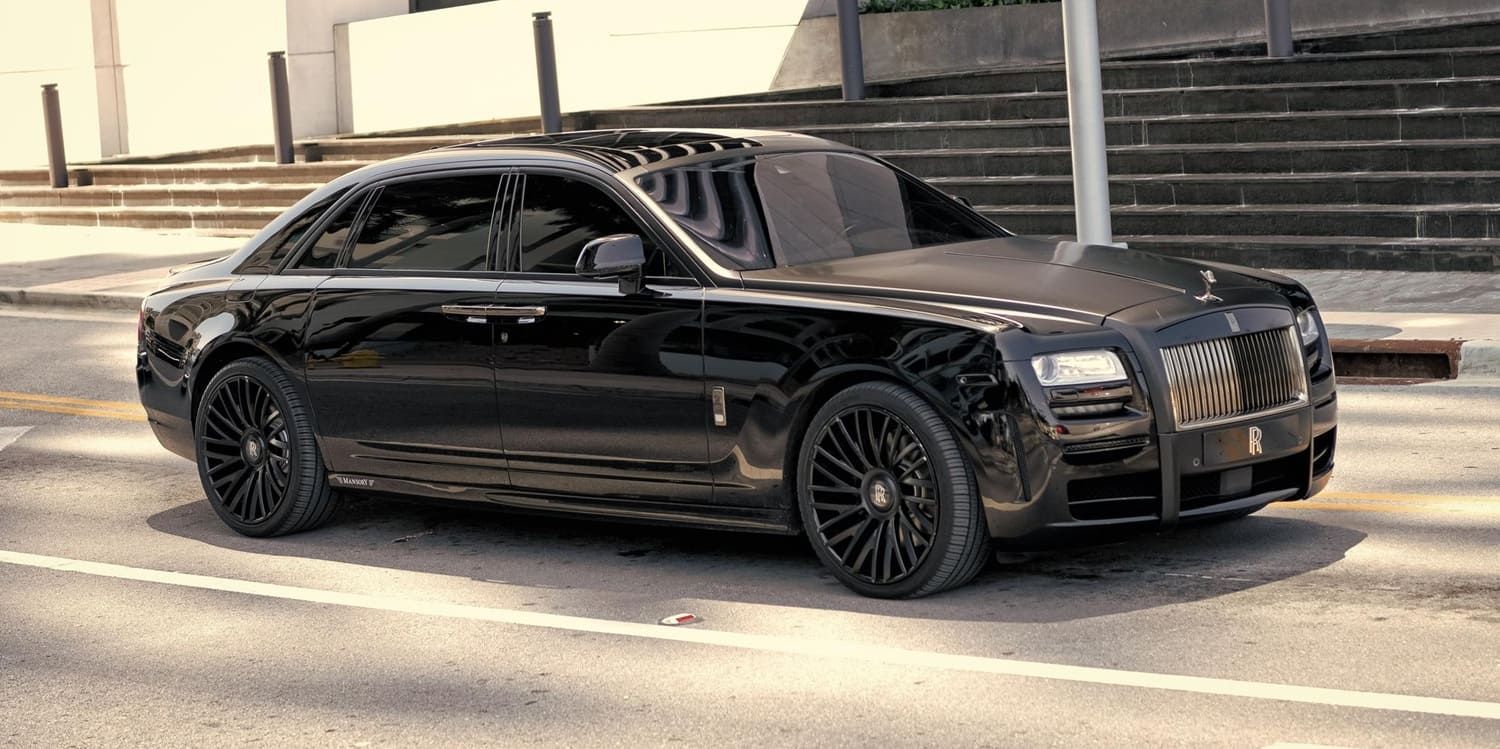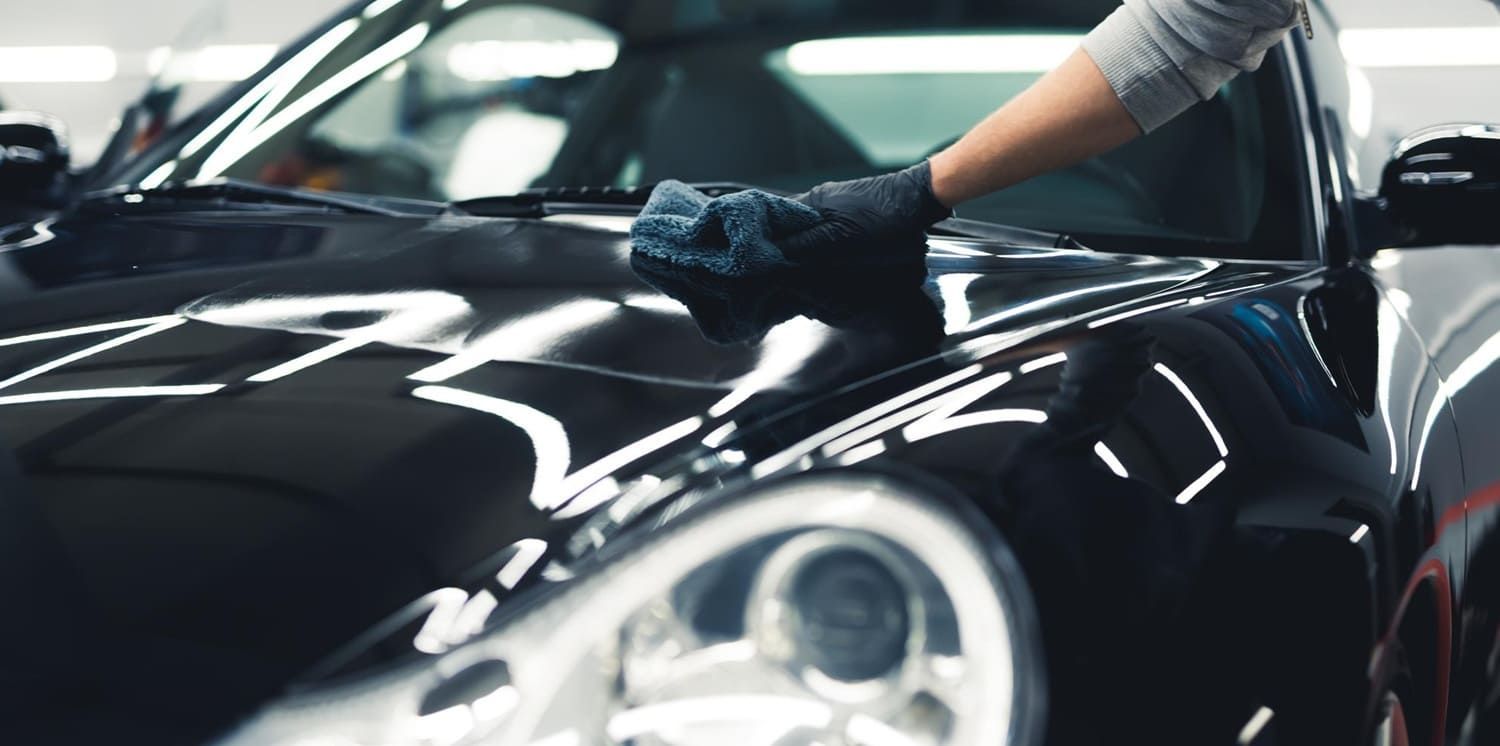The Surprising Advantages of Car Window Tinting in Cold Weather
When winter arrives, car owners often think about tires, antifreeze, and battery checks. But what about window tinting?
Car window tinting is usually associated with hot weather. It's seen as a way to keep the car cool and protect from harmful UV rays.
However, the benefits of car window tinting extend beyond the summer months. In fact, it can significantly improve your winter driving experience.
From thermal insulation to glare reduction, window tinting offers surprising advantages in cold weather. It can enhance safety, comfort, and even fuel efficiency.
In this article, we'll explore the unexpected benefits of car window tinting in cold weather. Whether you're a car enthusiast or just looking for ways to winterize your vehicle, you'll find this guide informative.

Understanding Car Window Tinting
Car window tinting involves applying a thin film to the interior side of the vehicle's windows. This film is usually made from polyester, with a coating that blocks UV light.
The primary purpose of window tinting is to reduce the amount of heat and sunlight entering the car. However, as we'll see in this article, the benefits of window tinting are not limited to just heat and light control.
Why Consider Window Tinting for Cold Weather?
You might think that window tinting is only beneficial in hot, sunny climates. However, it can also provide surprising advantages in cold weather.
Tinted windows can help retain heat inside the car, making it more comfortable during the winter months. They can also reduce glare from snow, which can be a significant driving hazard.
Here are some key reasons to consider window tinting for cold weather:
- Improved thermal insulation and heat retention
- Reduced glare and enhanced visibility
- Protection for your car's upholstery from UV rays
- Increased safety and security
In the following sections, we'll delve deeper into these benefits and explore why window tinting can be a smart choice for those living in colder climates.
Thermal Insulation and Heat Retention
One of the primary benefits of car window tinting in cold weather is its ability to provide thermal insulation. The tinting film acts as an additional layer of insulation, helping to retain heat inside the car.
This means that your car's interior can stay warmer for longer, even in freezing temperatures. It can also reduce the need for using car heaters, leading to potential fuel savings.
Glare Reduction and Enhanced Visibility
Winter driving often involves dealing with glare from snow and ice. This can be a significant distraction and can even lead to dangerous situations on the road. Tinted windows can help to reduce this glare, enhancing visibility and making winter driving safer.
Moreover, the tinting film can also reduce eye strain for the driver by minimizing winter sun glare. This can lead to a more comfortable and less stressful driving experience.
Upholstery Protection from UV Rays
Even in winter, UV rays can penetrate through car windows and cause damage. This can lead to fading of upholstery and other interior components. Tinted windows can help to protect against this, as some tints have UV-blocking properties.
This not only helps to maintain the aesthetic appeal of the car but also extends the life of car components by reducing exposure to harmful UV rays. It's a simple yet effective way to preserve your vehicle's interior.
Safety and Security Benefits
Tinted windows offer an extra layer of safety and security. In the event of an accident, the film can prevent glass from shattering, protecting passengers from potential injuries.
Moreover, tinted windows make it harder for outsiders to see into the vehicle. This improved privacy can reduce the chances of theft, as valuables are less visible.
In essence, window tinting can be a deterrent against car break-ins, adding to the overall security of your vehicle during the cold winter months.
Fuel Savings and Environmental Impact
Window tinting can contribute to potential fuel savings during winter. By providing thermal insulation, it reduces the need for using car heaters, leading to less fuel consumption.
Moreover, by lessening the need for defrosters, tinting can reduce the load on the car's electrical system. This not only saves energy but also assists in reducing the carbon footprint, making window tinting an environmentally friendly option.
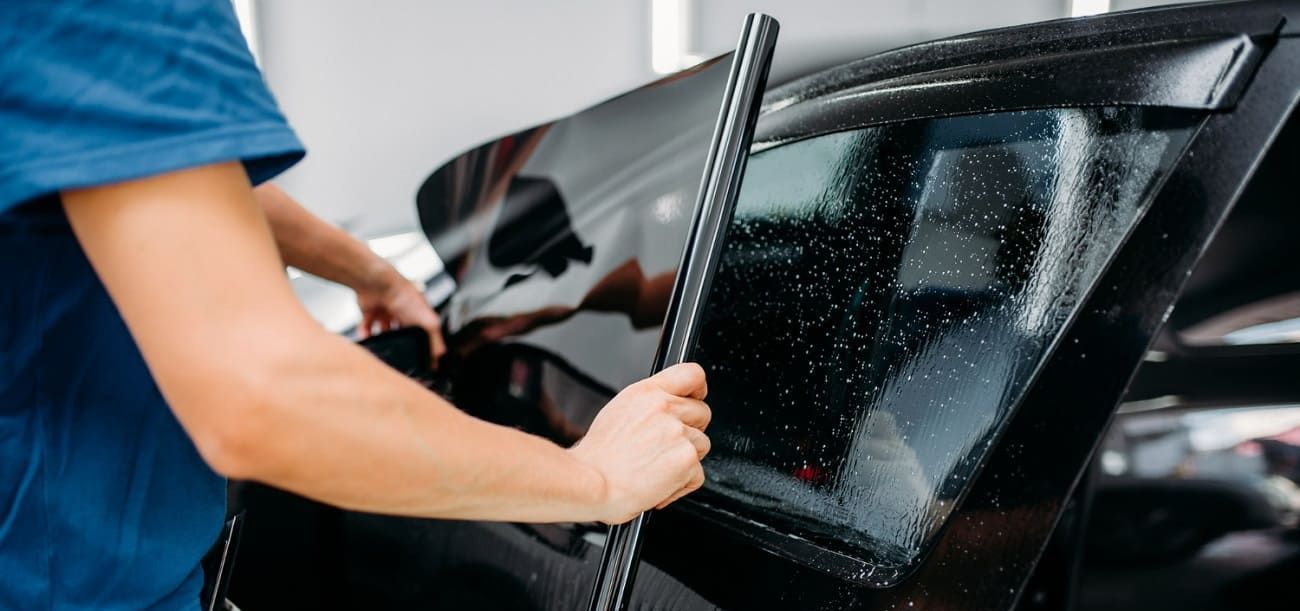
Additional Comfort and Privacy
Window tinting can enhance the comfort of passengers in cold weather. The film provides a barrier against cold winds, helping to maintain a consistent temperature inside the car. This creates a cozier atmosphere, offering psychological comfort during winter travels.
In addition to comfort, tinted windows improve privacy and security. Outsiders find it harder to see into the vehicle, reducing the chances of theft. This added layer of privacy can provide a sense of solitude and peace during winter journeys.
Preventing Frost and Ice Buildup
Window tinting can help in reducing the buildup of frost and ice on the windows. This is particularly beneficial during the cold winter months when defrosting and de-icing can be time-consuming.
Moreover, the film can prevent interior condensation, reducing the occurrence of foggy windows. This improves visibility, contributing to a safer and more comfortable driving experience.
Long-Term Investment and Vehicle Value
Window tinting is not just a short-term solution for winter driving. It's a long-term investment that extends its benefits beyond the cold season. The film can protect the glass from scratches and other damage, preserving the integrity of the window seals.
Moreover, tinting can increase the resale value of the car. It protects the interior, improves the car's appearance, and can be a unique selling point, especially in regions with cold climates.
In essence, window tinting is a cost-effective upgrade that enhances vehicle functionality and value, making it a wise choice for car owners.
Legal Considerations and Customization Options
While considering window tinting, it's crucial to be aware of the legal requirements in your area. Different regions have varying regulations regarding the darkness level of window tints.
Moreover, tinting can be customized to suit individual preferences. You can choose from different levels of darkness, ensuring both compliance with laws and personal satisfaction.
Conclusion: Embracing the Winter Benefits of Car Window Tinting
In conclusion, car window tinting offers a multitude of surprising advantages during cold weather. From thermal insulation and glare reduction to enhanced safety and potential fuel savings, the benefits are substantial.
Moreover, it's a long-term investment that can increase the resale value of your vehicle. It's not just about aesthetics, but also about practicality and comfort during the winter months.
So, as the cold season approaches, consider the many benefits of car window tinting. It could be the upgrade your vehicle needs to make your winter driving experience safer and more comfortable.
At Maximum Shade Tinting, serving Buford, Atlanta, Sugar Hill, Suwanee, Lawrenceville, Dacula, Johns Creek, Duluth, Gainesville, Hoschton, Rest Haven, Alpharetta, Gwinnett County, and Hall County surrounding areas, we specialize in high-quality window tinting services. Contact us today for a free estimate and enjoy a more comfortable and safe ride this winter!


